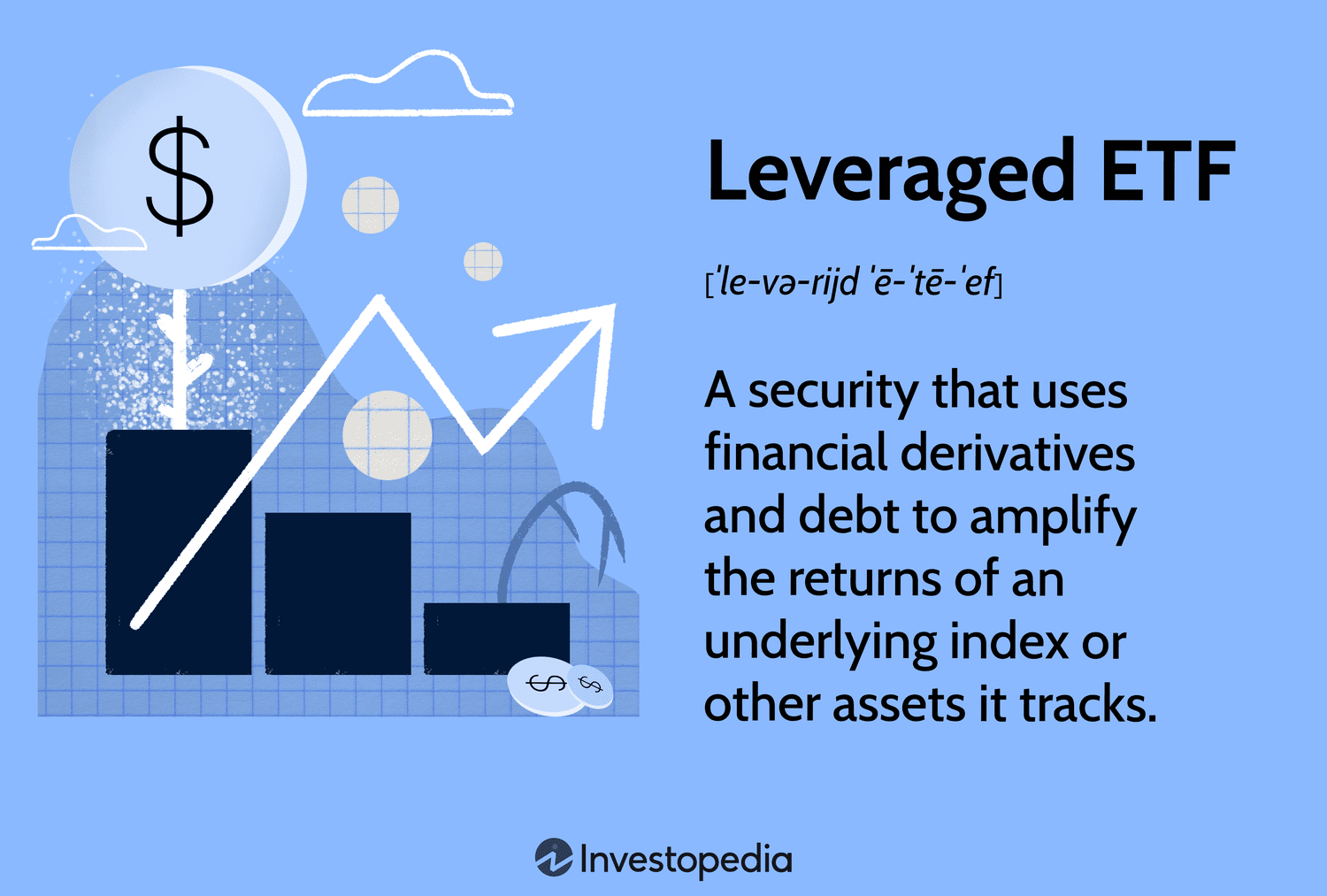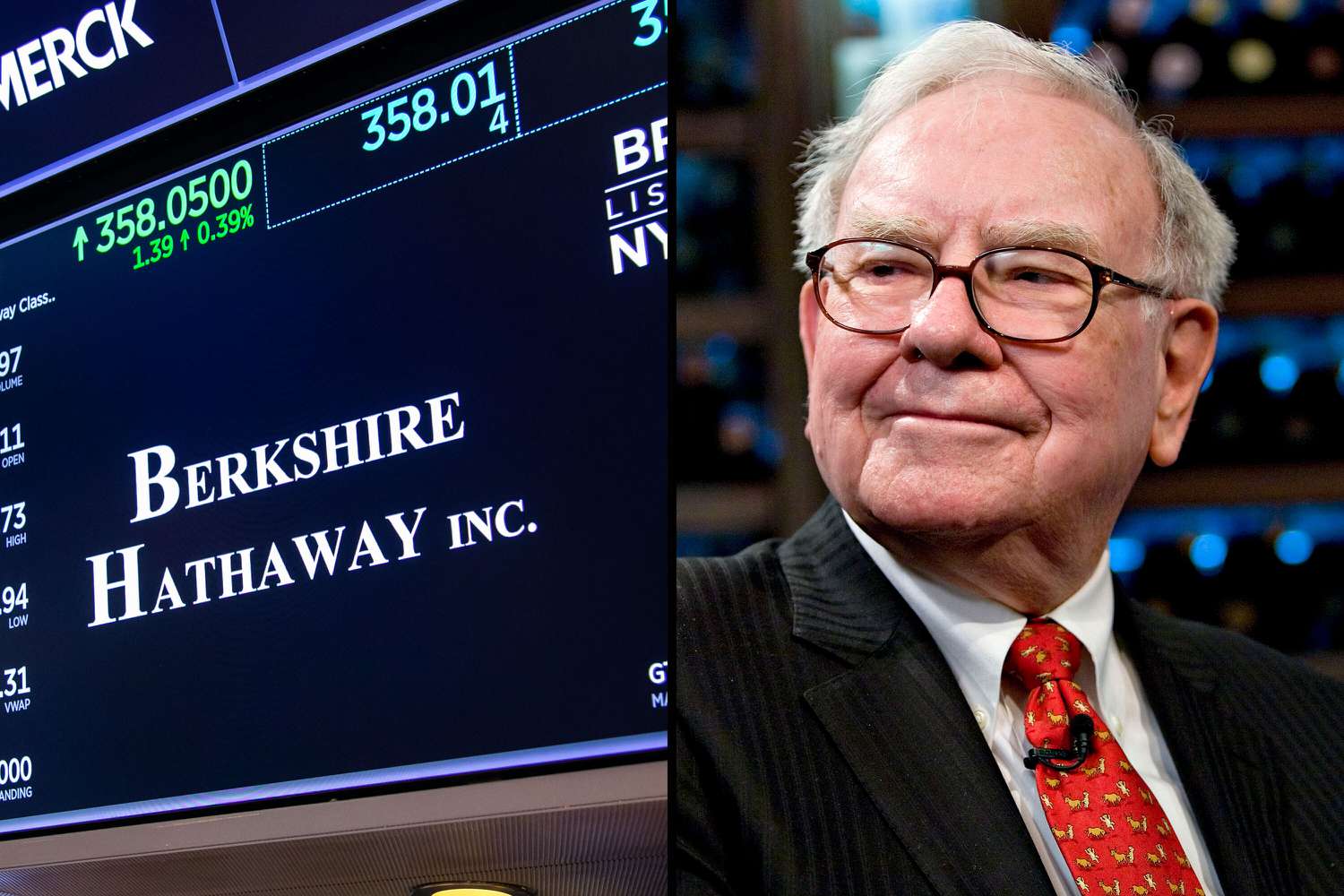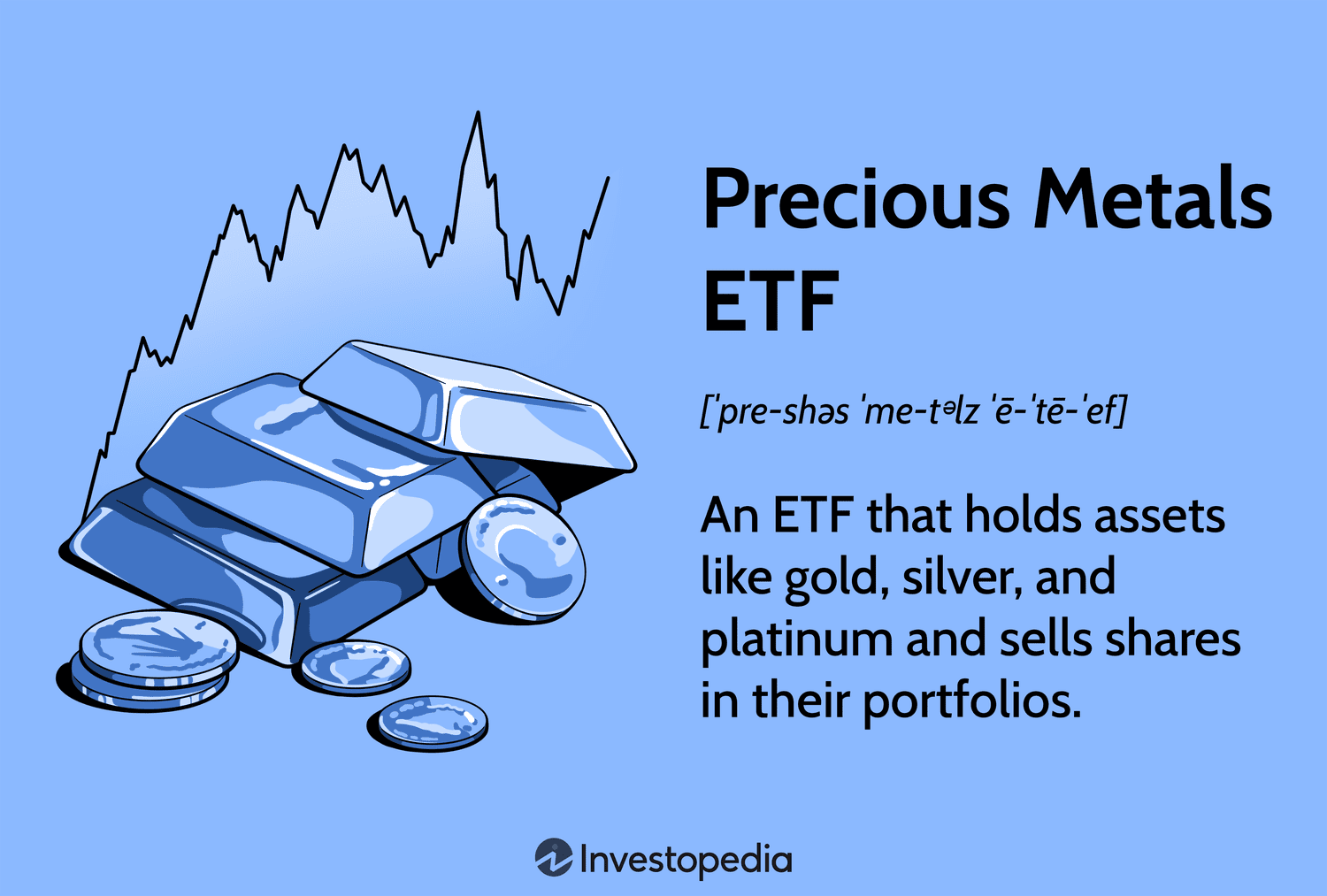Some of the best stocks to buy in the past 25 years started as small-cap stocks. Amazon was a $7 stock in 1998, and Tesla had a market valuation of just over $1 billion in 2010.

Of course, not every small-cap company becomes a giant. Investing in small companies can be rewarding, but it also comes with risks that investors need to understand. Here’s a close look at small-cap stocks, including our picks for some of the best.
Small-cap is short for small market capitalization, which is equal to a company’s share price times the number of shares outstanding. A company is classified as having a small market capitalization when its market cap falls between roughly $300 million and $2 billion.
Small-cap companies are often young companies. They tend to have significant growth potential, but they also are generally less stable than their larger, more established peers. Often they are unprofitable.
Over time, small-cap stock prices tend to be more volatile than those of larger companies, and stock values fluctuate more dramatically. But, in general, the longer the evaluation period, the greater the likelihood that small-cap stocks outperform the large-caps.
Best small-cap stocks
Many small-cap companies aren’t household names at least, not yet. These are some small-cap stocks to consider:

- CarParts.com
Formerly known as U.S. Auto Parts, CarParts.com is an online auto parts retailer that has been transformed under new management. By consolidating its web brands under the CarParts.com banner, the company has streamlined its business, and sales surged during the COVID-19 pandemic. CarParts.com is investing in technology and marketing, and the company is rapidly adding new distribution centers. It can now deliver to 80% of the country in two days.
The e-commerce company also looks primed for continued growth due to a semiconductor shortage in auto manufacturing that is boosting new and used car prices. Over the long term, the company is targeting 20% to 25% revenue growth and 8% to 10% adjusted EBITDA, meaning that the stock looks like more than just a pandemic story.

- ACM Research
As a manufacturer of cleaning equipment for semiconductor wafers, ACM Research is a “picks-and-shovels” play in the semiconductor industry. Investing in ACM Research provides exposure to a high-growth industry without exposure to the risk of commodity chip prices declining.
Additionally, ACM is a U.S. company that conducts most of its business in China, giving investors a relatively safe investing method for gaining exposure to the Chinese market. ACM is one of the rare small-cap companies that offers both high growth potential and solid profitability.

- Perion Network
Ad tech stocks have boomed during the pandemic alongside broader gains in digital advertising and connected TV. One big winner has been Perion Network , an Israeli company that focuses on connecting advertisers and publishers through its intelligent hub. That gives it a unique offering in an industry where companies typically cater to brands or publishers.
The company also counts Microsoft as a close partner; Perion is helping it monetize its Bing search engine.
Perion has been growing rapidly with acquisitions while establishing a position in premium ads by offering features such as QR scans, customizable backgrounds, and in-game ads during sports events. The company was on track for 42% revenue growth in 2021 and 29% growth in 2022. Like ACM Research, it’s also profitable.
Small-cap funds

If you don’t want to choose individual small-cap stocks for your portfolio, you can instead gain exposure to small-cap companies by investing in a small cap-focused exchange-traded fund (ETF) or mutual fund. Here are a couple of options:
iShares Russell 2000 ETF: This ETF tracks the performance of the Russell 2000, which is considered the leading index of small-cap stocks. The fund’s managers charge an annual management fee of 0.19%, which works out to $1.90 for every $1,000 invested.
Fidelity Small Cap Growth Fund : This mutual fund invests in small-cap stocks that have high growth potential. It’s actively managed, with the objective of outperforming the Russell 2000, so the fund’s fees — 0.94% annually — are somewhat high compared to most ETFs.
Don’t hesitate—take action today to position yourself for success. Invest in small cap stocks and watch your portfolio soar to new heights!”
https://www.growthvaluation.com/download-category/evaluations

















